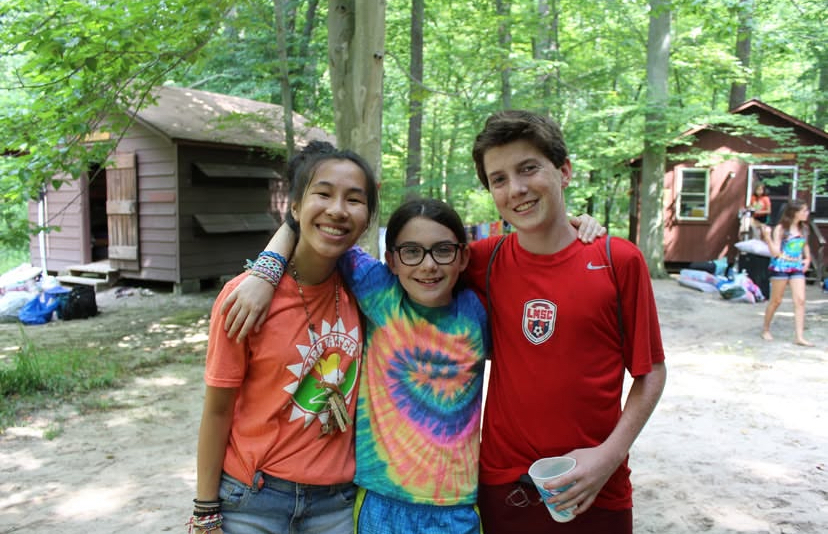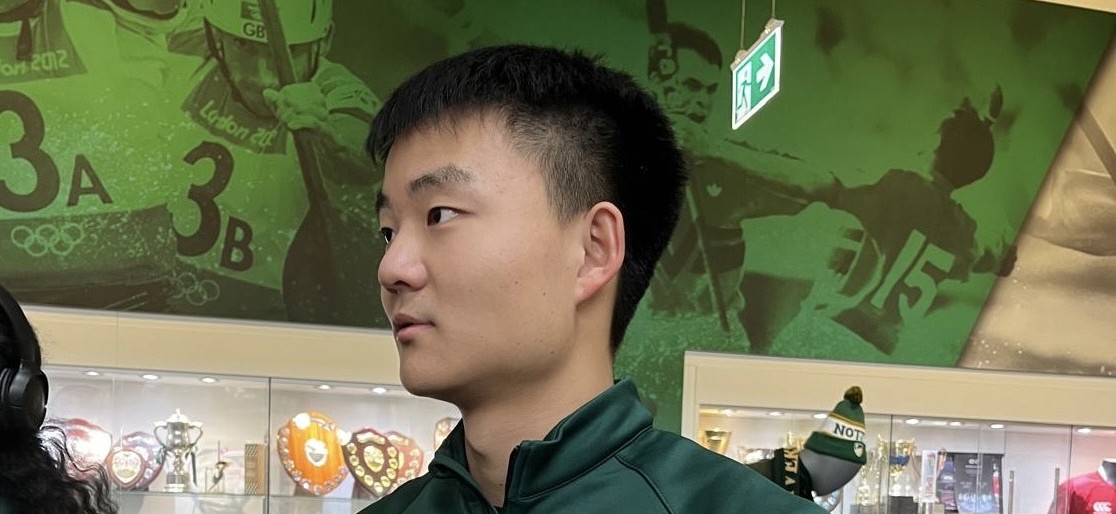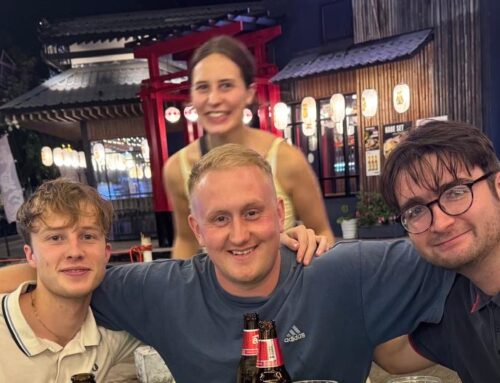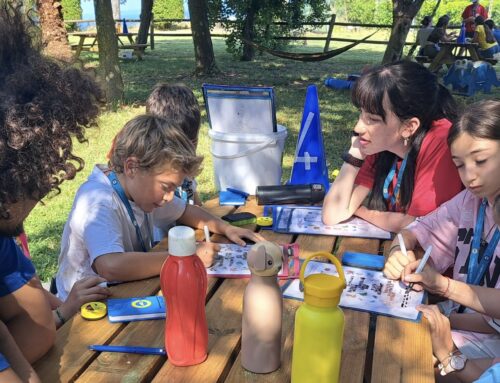As a company, we are passionate about the transformative nature of living and working abroad.
As such, we want to help as many people that apply with us as possible, and it’s unfortunate that for many of our longer-term programs, it’s hard for non-native English speakers to get placed. This is due to both school preferences and work visa rules, which often specify that only native English speakers are eligible.
Luckily, the situation is different on our summer programs, and this year we’ve been able to help a number of non-native speakers get placed.
Here’s a rundown of the options we offer non-native English speakers on our programs.
Summer camp in Romania
Our summer program in Romania runs for 5 weeks at three different times in summer, in June, July and August.
It’s a camp where 20 camp counsellors help a few hundred Romanian children learn English in an active, fun-filled setting. Each camp counsellor plans an engaging and interactive English session for the morning, for a group of about 10 children. In the afternoon, the children play sports, and the counsellors join in and speak to them in English. In the evenings, there are performances and talent shows, all in English.
 This camp is very open to non-native speakers, and this summer Billy from China is working there. We met Billy at a presentation at the University of Nottingham where he’s a student, and we were immediately impressed. Billy attended summer camps in the US as a participant, so he knows what’s expected and what works at camp.
This camp is very open to non-native speakers, and this summer Billy from China is working there. We met Billy at a presentation at the University of Nottingham where he’s a student, and we were immediately impressed. Billy attended summer camps in the US as a participant, so he knows what’s expected and what works at camp.
As a student in the UK, his English is fluent and when he met the Romanian Camp Director, she was impressed with Billy’s confidence and energetic personality, and hired him on the spot.
If you are confident, engaging and good with children, working at a summer camp in Romania is a great option.
The camp has only 60 or so jobs to recruit for each summer, with some of these being taken up by returning counsellors from past years. So, if you’re interested, make sure to apply early to secure your spot!
Summer Camp in the USA
Our summer camps in the USA run for 9 weeks, from the beginning of June till the middle of August.
We found that for quite some potential candidates, the dates of US camps are tricky due to university coursework and/or graduation. As such, the first thing to consider as a potential applicant is if the dates work for you based on your other summer commitments.
Camps in the USA are action packed, and so much fun! You can either work as a specialist counsellor that exclusively focuses on one core all summer, or as a generalist. Examples of specialist skills that are in demand are lifeguard, soccer coach or horse-riding instructor.

Alternatively, you can be a general counsellor that focuses on one of your core skills, but you may also be assigned other tasks throughout the camp. At my American camp, I was a generalist. I did a lot of soccer sessions as that was my best skill, but ere were also days where I took kids to the woods for a walk or a treasure hunt, or I played other sports. Larger camps with hundreds of counsellors tend to hire specialists, whereas smaller camps with a staff of 20-30 counsellors tend to prefer generalists.
As you can hear based on this job description, these camps are about teaching sports and arts and craft activities rather than English, and as a result camps are very open to hiring non-native English speakers.
This summer, the placed Melanie from Estonia at a camp in upstate New York. Melanie is a student in Tallinn, who is well travelled, and she had a longstanding dream of travelling to the US and working there. Her skills are focused on arts and performance, and as a fluent English speaker she offers her camp so much.
Finding a camp and a obtaining a J1 visa for the US takes several months, so we encourage you to apply early to make your American dream a reality.
Long- term options: Thailand

To round off this overview, a word on a final opportunity for non-native speakers: long- term teaching work in Thailand. Unlike in other Asian countries like China, non-natives can apply for work visas to teach English in Thailand. When it comes to finding work, we’ve found that among non-natives, Europeans have the most chance of finding a job, especially if you obtained their degree in an English-speaking country.
In recent years, we have placed candidates from Belgium, Italy and Serbia in Thailand, and they’ve been popular teachers at their schools.
As a non-native English speaker myself, I hope this overview helps.
We encourage you to contact us to explore options, we’re here to help.
Ready to get the journey started? You can apply here.
If you have any questions, please don’t hesitate to email me: arnold@impact-teaching.com
For more on my teach abroad journey and why I founded Impact Teaching, check out my recent chat with Josh.




